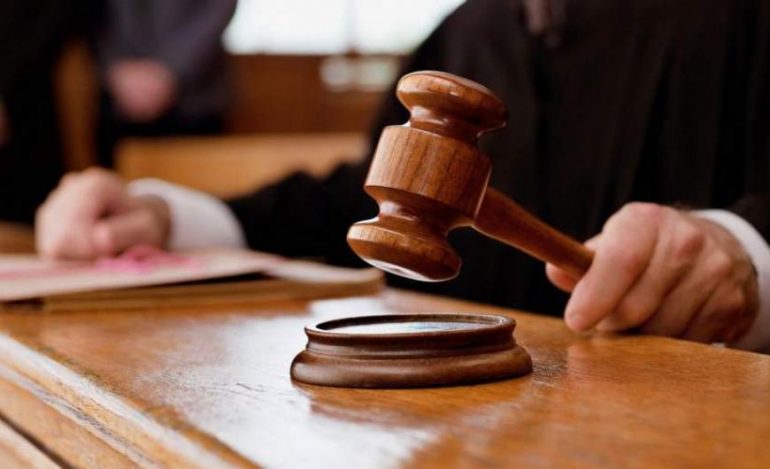Today's decision of the District Court of Nicosia, rejected in its entirety the interim application registered by 103 citizens of the Republic, requesting the issuance of a number of temporary decrees, which prohibit the Republic from imposing and obliging, inter alia, the submission negative test for his illness Covid-19 or the possession of a vaccination certificate or proof of illness, as a condition for entry and / or presence in various areas (SafePass), as well as the mandatory use of a mask. The Court also ruled that the procedure for issuing the Decrees was completely legal and that the power delegated to the Minister of Health to issue them was in accordance with the Constitution and the applicable legislation.
Read also: Court's "NO" to 103 "Safepass Denials" - Their claim, rejection and costs
Characteristically, the Court states in its decision that the Applicants have no visible chance of success in their lawsuit, rejecting their position on the unconstitutionality and illegality of the Decrees of the Minister of Health.
The main points of the court decision are the following:
1. The contested measures shall not infringe on the right to life and decent living and shall not constitute inhuman or degrading treatment or punishment.
2. There is no question of a ban on entry into the Republic; the conditions laid down for the exercise of this right do not in any way constitute a breach thereof.
3. The right to liberty, liberty of movement, of private and family life, of freedom of thought, conscience and religion, of education, of peaceful assembly, of the profession, may be subject to restrictions on public health grounds, as has been the case here. , with the imposition of measures by the Minister of Health and the issuance of relevant Decrees.
4. The state has a positive obligation, according to the Constitution, to protect the right to life and physical integrity. The measures taken are part of the effort to protect society as a whole.
5. With the measures taken, vaccination does not become mandatory. In any case, according to ECtHR decisions, compulsory vaccination does not violate the right to life, personal freedom and security, private and family life and freedom of thought, conscience and religion.
6. The testimony provided by the Republic, such as the recommendations of the World Health Organization, the European Center for Disease Prevention and Control, the Advisory Epidemiological Committee, is the prevailing scientific opinion and contradicts the testimony provided by the Applicants.
7. The protection of the health of all citizens was in favor of the non-issuance of the requested decrees.
8. The Court has held that it may not impede or limit or interfere with the exercise of executive powers and decisions and, in particular, with the determination and implementation of government and / or health policy on how to deal with the pandemic, as this would constitute a breach of the principle of separation of powers.
The Court ordered the Applicants to pay the costs of the application.
The Attorney General was represented in the Court by the lawyers Mr. Theano Mavromoustaki, Elli Florentzou, Penelope Charalambous and Christos Alexandrou.
The full rationale for the decision is attached here.
